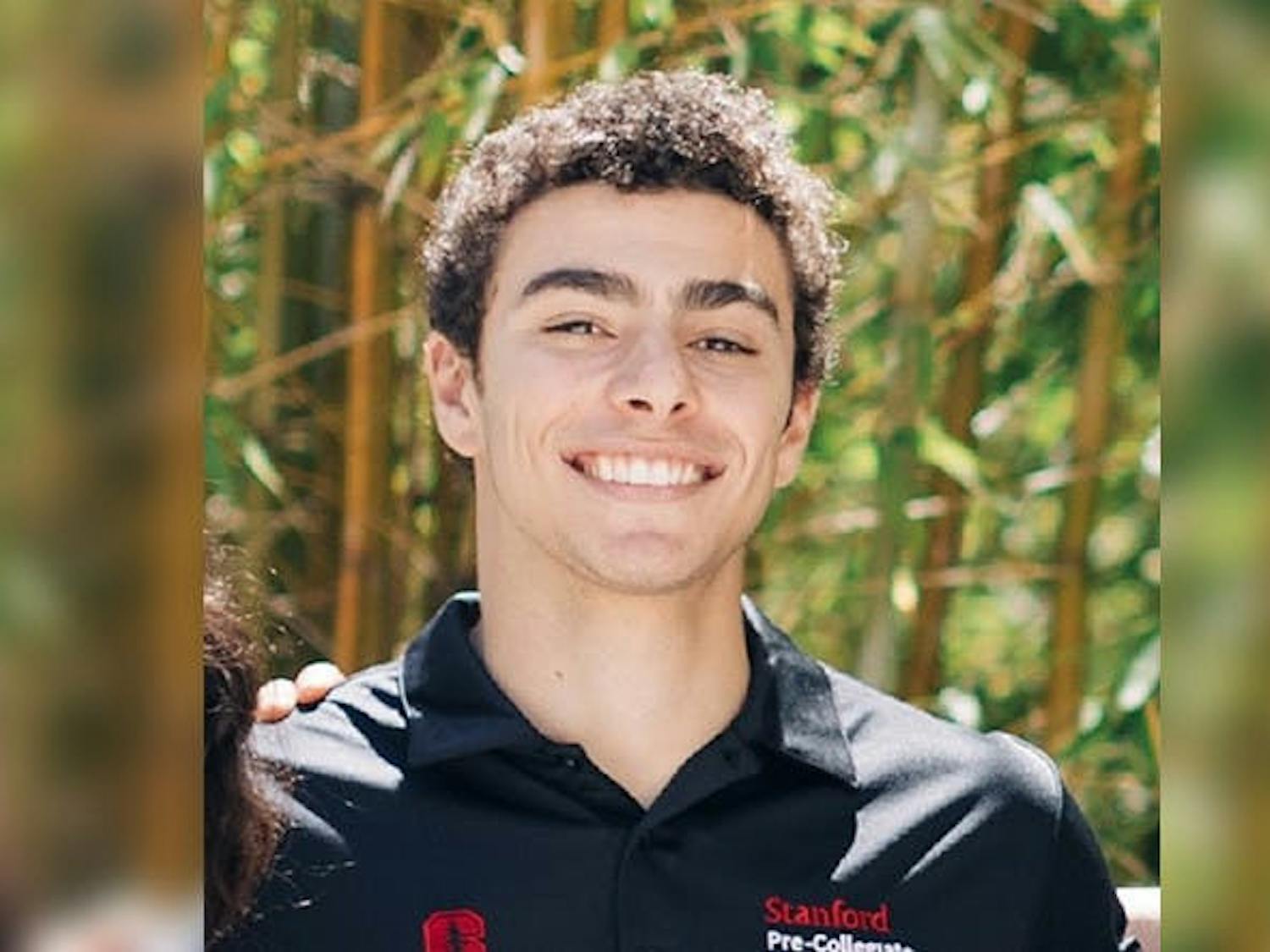Experts say there may only be a limited market awaiting the consulting firm that Penn's top real estate official is leaving the University to start.
And while Vice President for Facilities and Real Estate Services Omar Blaik is confident he will be able to sell his real-estate expertise to urban universities, the lack of any similar companies makes some experts less certain.
Blaik announced his resignation last month and is planning to step down April 7. He said he's set to start work from his home on creating a firm that will offer advice to urban universities on how to develop their surrounding neighborhoods.
Blaik said that he is currently in the process of raising $50 million to kick-start his firm and that he is confident the money will materialize.
But the demand for such services among city schools remains unclear.
Many, like Penn, already have internal staffs dedicated to real-estate development around campuses.
James Callahan, senior director of real estate at Johns Hopkins University, said the Baltimore-based university has never sought external advice because his department handles the issue itself.
"We've never gone outside [for consultation] because we have enough in-house resources to deal with issues like this," Callahan added.
Community-development firms in the United States are plentiful, but some experts have never heard of consulting firms designed specifically to serve colleges.
Randy Adams, vice president of programs of the Community Development Society -- an Ohio-based organization for neighborhood-development professionals -- said that he hasn't worked with any organizations like the one Blaik is trying to create.
But he said that Blaik may tap into an emerging market.
"I know there has always been a movement to some degree of interest in university-community relations ... and a sector that is very interested in promoting universities' capacities to assist local communities," Adams said.
He also said that Blaik has likely established an extended network of potential clients in his nine years at Penn, which could help him establish a client base.
Adams declined to speculate on the annual salary Blaik could expect from his nascent firm, but said that "it is not an issue of salary, it is enjoying what you are doing."
Wharton Marketing professor Jerry Wind said that the market for Blaik's venture depends on the type of consulting he plans to offer and the track record he can show.
"It depends on ... what he can quantify from the Penn experience," he said.
Wind said Blaik may not actually need $50 million to get his company started. But depending on the extent of the services Blaik plans to offer, that may be a reasonable goal.
"It's impossible to judge if it is too much, too little, or just right without knowing what he is going to use the money for," he added.
Though Wind wasn't familiar with any existing similar companies, he added that he believes there will be a welcoming market when Blaik steps out on his own.
"Most large urban universities have the problem of how to deal with the development of their neighborhoods," Wind said. "The question of whether they will pay for [consulting services] depends on the quality of the services and [Blaik's] ability to market them."
And while many universities such as Penn are already equipped to deal with real-estate development questions, Callahan said he thought some smaller schools could use Blaik's advice.
"I'm sure it would be a useful service for some, especially for those who don't have the staff to approach or deal with certain issues," he said.
Despite these uncertainties, Blaik is confident that his firm will be successful.
"I think my challenge will be which opportunities I will choose to pursue and which [I won't], not whether or not there will be opportunities," he said.
Start-up - Vice President for Facilities and Real Estate Services Omar Blaik is leaving Penn April 7 - He is planning to start a firm that will aid urban universities with community development - Some experts say they are not sure if universities have a need for the services Blaik's firm would offer








